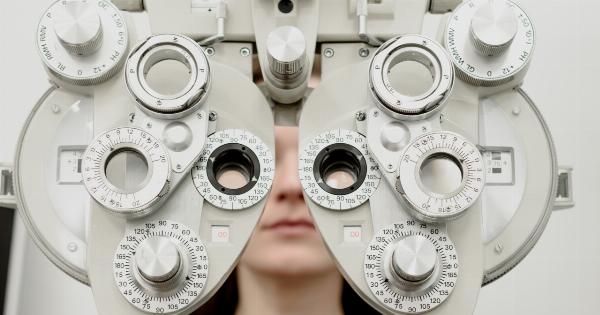Non-affiliated medical centers are becoming an increasingly popular choice for individuals seeking medical care.
These centers offer a range of services, from routine check-ups to specialized treatments, often at a more affordable cost and with shorter wait times than traditional hospitals. However, it is important for patients to fully understand the coverage and considerations associated with receiving care at a non-affiliated medical center.
What are Non-Affiliated Medical Centers?
Non-affiliated medical centers, also known as freestanding or independent medical centers, are healthcare facilities that are not directly affiliated with a specific hospital or healthcare system.
They operate independently and provide a variety of healthcare services.
Types of Services Offered
Non-affiliated medical centers typically offer a wide range of healthcare services, including routine check-ups, preventive care, diagnostic tests, imaging, laboratory services, and treatments for various illnesses and conditions.
Some centers may also provide specialized services such as physical therapy, chiropractic care, and alternative medicine treatments.
Benefits of Non-Affiliated Medical Centers
There are several benefits to choosing a non-affiliated medical center for your healthcare needs:.
- Affordability: Non-affiliated medical centers often provide services at a lower cost compared to traditional hospitals, making healthcare more accessible for individuals with limited financial resources.
- Shorter Wait Times: Due to their smaller size and focus on efficiency, non-affiliated medical centers usually have shorter wait times for appointments, tests, and treatments.
- Convenience: These centers are typically located in easily accessible areas, making it convenient for patients to seek medical care without having to travel long distances.
- Personalized Care: Non-affiliated medical centers often prioritize individualized care and strive to build strong relationships with their patients through personalized attention and care plans.
Coverage Considerations
While non-affiliated medical centers offer numerous benefits, it is essential to consider coverage and insurance factors before choosing these facilities for healthcare services:.
Insurance Coverage
Before seeking care at a non-affiliated medical center, it is crucial to understand your health insurance coverage. Check with your insurance provider to determine if the services provided by the center are covered under your plan.
Some insurance plans may have restrictions or limitations on coverage for non-affiliated providers.
Out-of-Network Costs
If the non-affiliated medical center is considered out-of-network by your insurance plan, you may be responsible for higher out-of-pocket costs.
Deductibles, co-pays, and co-insurance amounts may be significantly higher than if you were to receive care from an in-network provider. It is important to review your insurance policy to understand the potential financial implications before choosing a non-affiliated medical center.
Referral Requirements
In some cases, your insurance may require a referral from your primary care physician to receive care at a non-affiliated medical center. Failure to obtain a referral when necessary may result in denied coverage or increased financial responsibility.
Prescription Coverage
Ensure that any prescriptions you may need as part of your treatment plan at the non-affiliated medical center are covered by your insurance.
Different insurance plans may have varying coverage levels for medications, and it is important to understand any potential costs associated with filling prescriptions.
Quality and Accreditation
Research the quality and accreditation of the non-affiliated medical center before seeking care. Look for reviews, accreditations from recognized organizations, and any history of malpractice claims.
Choosing a reputable center ensures that you receive quality care and can have peace of mind.
Considerations for Specialized Treatments
If you require specialized treatments or procedures, it is essential to assess the capabilities and expertise of the non-affiliated medical center.
Some specialized treatments may require access to specialized equipment or a network of specialists that may not be available at all non-affiliated centers. Research whether the center has the necessary resources before making a decision.
Conclusion
Non-affiliated medical centers offer a range of healthcare services at an affordable cost and with shorter wait times compared to traditional hospitals.
However, patients should carefully consider their insurance coverage, out-of-network costs, referral requirements, prescription coverage, and the quality and accreditation of the center before choosing to receive care at a non-affiliated medical center. By understanding these considerations, patients can make informed decisions about their healthcare options.



























